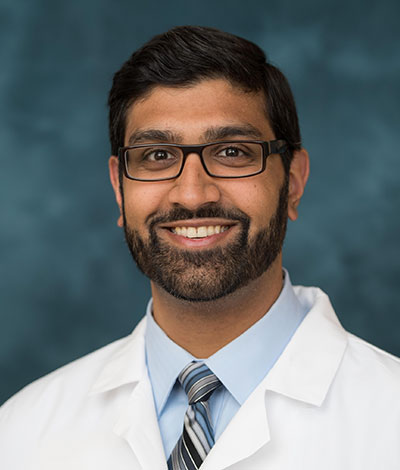
Heart Attack Rates Rising Among Young Adults
Highlighting the Rising Trend in Young Adults and How to Prevent It

Heart disease has traditionally been associated with older adults, but a troubling shift is occurring—more young people are being diagnosed with heart-related conditions. Data from the CDC reveals a staggering 66% increase in heart attack rates among individuals aged 18 to 44 since 2019. As the leading cause of death in the U.S., heart disease is now impacting younger generations at an alarming rate.
Dr. Mansoor Arain, MD, an Interventional and Structural Cardiologist at Dignity Health’s Stratford Health Center in Santa Maria, which is part of Pacific Central Coast Health Center’s clinic network, is shedding light on this issue and urging young adults to take a proactive approach to their heart health.
"Many people assume that heart disease is only a concern for older individuals, but that’s simply not the case," explains Dr. Arain. "Heart disease doesn’t develop overnight—it’s a gradual process that often begins earlier than people realize."
Why Are Young Adults at Greater Risk?
Several factors are contributing to the increasing prevalence of heart disease among younger populations:
- Unhealthy Lifestyles: Poor nutrition, sedentary habits, and chronic stress are major contributors to heart disease.
- Environmental Factors: Emerging research points to the effects of microplastics and highly processed foods loaded with sodium and unhealthy fats.
- Rising Obesity Rates: In the past decade, obesity among young adults has surged from 30% to 40%, significantly elevating cardiovascular risks.
- Mental Health and Heart Health: Studies indicate that individuals struggling with depression face a 64% higher risk of developing coronary disease.
Important Tips for Heart Health
The good news? There are actionable steps young adults can take to reduce their risk and maintain heart health:
- Get Regular Checkups: Routine screenings for cholesterol, blood pressure, and diabetes can help catch warning signs early.
- Stay Active: Aim for at least 30–40 minutes of moderate exercise, such as brisk walking, four to five times a week.
- Prioritize Nutrition: Focus on whole, nutrient-dense foods like fruits, vegetables, lean proteins, and healthy fats while minimizing processed foods.
- Manage Stress: Practices such as meditation, deep breathing, and restorative yoga can support heart health by reducing stress levels.
"You have the power to care for your body and live a fulfilling life," says Dr. Arain. "It's not about restrictions—it's about making choices that support your overall well-being."
Recognizing the Signs
Heart disease doesn’t always present in obvious ways, especially in younger adults. Some lesser-known symptoms include:
- Unexplained fatigue or reduced exercise tolerance
- Shortness of breath during routine activities
- Persistent heartburn or jaw pain when exerting yourself
- Unexplained headaches or pressure in the temples
While the rise in heart disease among young adults is concerning, knowledge is power. Dignity Health encourages individuals to take charge of their cardiovascular health by discussing their risk factors with a doctor and making heart-conscious lifestyle choices.
By taking preventive measures now, young adults can build a foundation for long-term heart health and overall well-being.
For more information on Dr. Arain and the Stratford Health Center, click here.
